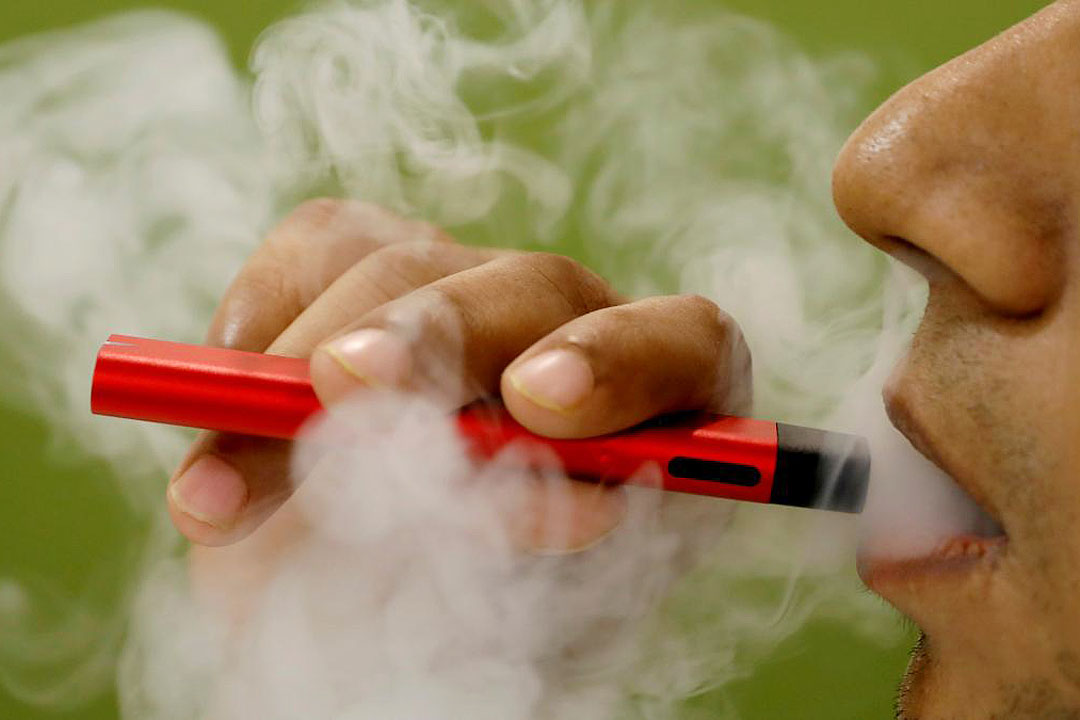Medical groups reassert opposition to vape bill

MEDICAL GROUPS renewed their plea to President Rodrigo R. Duterte to veto entirely the proposed Senate Bill No. 2239 or Vaporized Nicotine Products Regulation Act, which was recently approved by the bicameral conference committee of both houses of Congress.
Claims by lawmakers that the vape bill will save lives through the regulation of e-cigarettes and heated tobacco products are false, according to doctors from various medical societies in an online press conference held on Monday.
“This vape bill will actually break the vow you made to Filipino people to fight addiction,” said Dr. Maricar B. Limpin, pulmonologist and president of the Philippine College of Physicians (PCP), one of over 55 medical groups decrying the bill and its supporters.
In December, these groups, which include PCP, the Philippine Medical Association, the Philippine Pediatric Society, and the Department of Health, called out the misinformation being spread regarding the bill. They pointed out that vaping has always been available to smokers and that the bill will only expand its reach to non-smokers.
“What will happen is it will increase addiction to cigarettes … Once passed, this bill will deregulate the nicotine industry and go directly against your promise,” said Dr. Limpin.
Vaping has always been regulated by the Food and Drug Administration (FDA) through Republic Act 11467 and Executive Order 106, and the Vape Bill only loosens these regulations by transferring it to the jurisdiction of the Department of Trade and Industry, according to a statement from groups opposed to the bill.
“These products have a pharmacological and physiological effect on one’s body. Thus, the regulatory body needs to be able to test the products for harmful substances, which only the FDA is capable of doing,” said Eric Domingo, FDA’s former director general.
Dr. Maria Corazon M. Avanceña, a pediatric pulmonologist, added that the bill is also a hazard to the youth since it will remove the existing two-flavor restriction and lower the minimum age of those who can buy vape from 21 to 18 years old.
“The real motive of the tobacco companies behind this bill is to expand their market by targeting the youth,” she said, zeroing in on the risk given that the Global Youth Tobacco Survey found 1 in 7 Filipino students aged 13 to 15 to be e-cigarette users.
The bill is essentially a deregulatory measure, the various medical groups said. — Brontë H. Lacsamana



